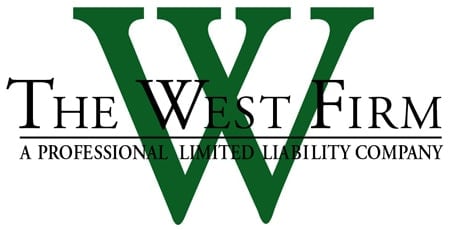Many corporations are owned by numerous shareholders. These people may have invested varying amounts of many, or they might have put in equal amounts for equal shares.
Frequently, this process works out for the best. The company secures steady investment and has a solid board of directors. However, when the stakes are high, disputes can arise.
What are some of the most common sources of shareholder disputes, and how can they be resolved?
Minority shareholders being frozen out
Often, the ownership of a company is distributed over different levels. Someone has majority ownership, over 50% of the shares, with others retaining smaller amounts. This can result in a power imbalance. Minority shareholders may be excluded from meetings and vital decisions about the company’s future. If minority shareholders feel frozen out, legal disputes can arise. It’s important for companies to ensure that all shareholders believe that their best interests are protected.
Different visions for the company
Initially, all shareholders may have been in agreement about the success or potential success of the company. That’s why they invested. However, visions for the future are not always as easy to pinpoint and agree upon. If shareholders are in disagreement about what the company’s next steps should be, a deadlock can arise. Ultimately, this can stunt the progress of the company and cost a significant amount of money for litigation.
Solving or preventing shareholder disputes
A watertight shareholders’ agreement can prevent conflict from arising in the first place. This sets out clearly the vision of the company as well as the roles each individual has to play. If your business is currently trying to resolve a shareholder dispute, reaching out to a knowledgeable support network could help you to reach a prompt solution.
